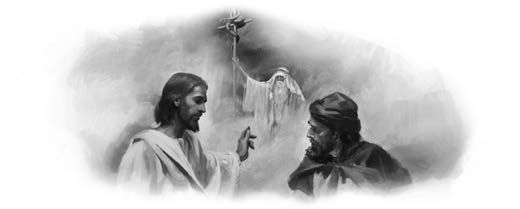Omar, a university student in the Middle East, desperately needed a job, but he wasn’t ready to do anything to get hired. During a job interview, he openly told the company representative that he could not work on Saturdays because that was his holy day. The company representative did not blink.
“That’s fine,” he replied. “We don’t need you.”
It was true. National unemployment was so high that the company really didn’t need Omar. Many people were looking for work, and it would be easy to find someone willing to work on Saturdays.
Sadly, Omar left the company’s office. Omar was a new believer who, just days earlier, had given his life to Christ. He had mingled with believers for six years and searched the Bible before making his decision. After the job rejection, he bought a three-wheeled cart with a plan to make money by selling simit, a circular bread covered with sesame seeds.
Omar’s Sabbath-keeping friends were touched by his faithful stand for Jesus and began to pray for him.
A few days later, Omar announced excitedly that the company had called him back and offered him the job with Saturdays off. He was so excited that he decided to find at least one person a day to tell about Christ.
Sipping a drink at a local café a few days later, he and an elderly man began to talk about religion. Omar shared his journey from his family’s traditional holy book to the Bible and the incredible peace that he had found.
As Omar left the café, a man who had overheard the conversation from a nearby table followed him. “I can’t believe that you could say such things!” the man yelled. “Are you not ashamed? You grew up in our country and know better!” The man began to beat Omar with his fists.
Later that day, when a Sabbath-keeping friend video-called Omar, he was greeted by a large, swollen eye and an even larger smile of joy. “You could have called the police!” the friend said.
“Yes,” Omar said. “But . . . Jesus tells us to turn the other cheek.”
“You have heard that it was said, ‘An eye for an eye and a tooth for a tooth.’ But I tell you not to resist an evil person. But whoever slaps you on your right cheek, turn the other to him also” (Matthew 5:38, 39, NKJV).
This mission story illustrates Mission Objective No. 2 of the Seventh-day Adventist Church’s “I Will Go” strategic plan: “To strengthen and diversify Adventist outreach . . . across the 10/40 Window . . . and to non-Christian religions.” Read more: IWillGo2020.org. Omar is a pseudonym.

